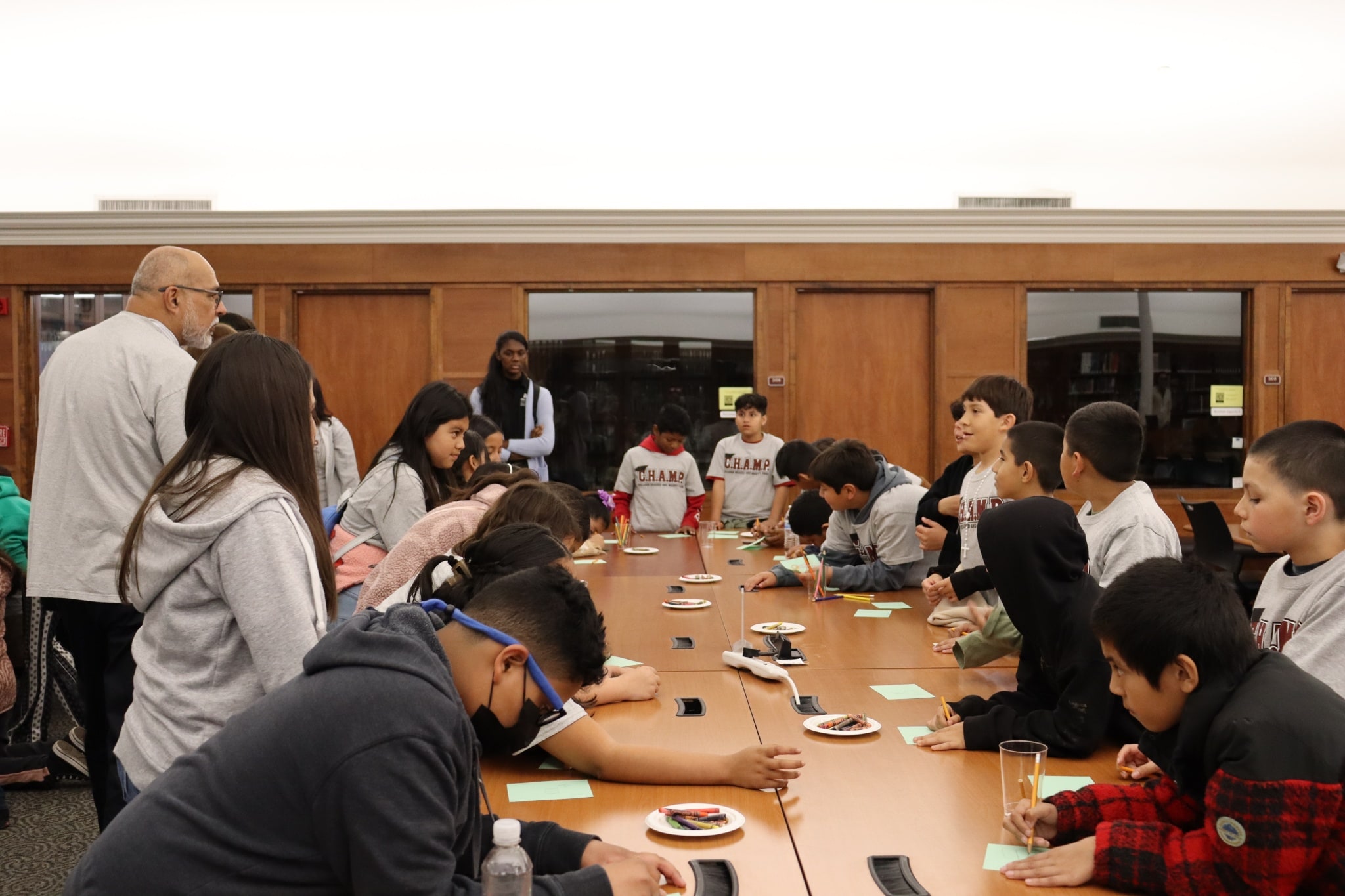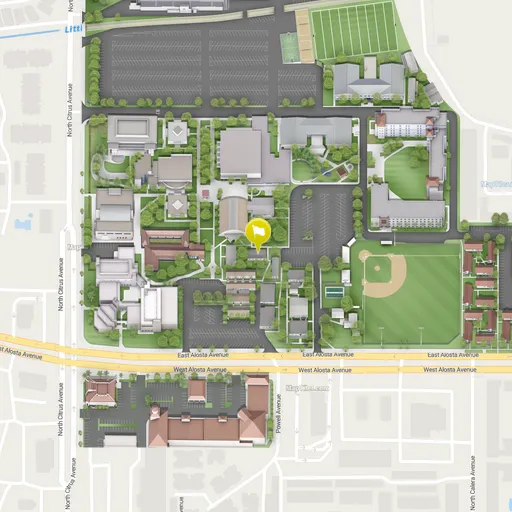
Academic Service-Learning
Where the APU Cornerstones Connect
Christ, Scholarship, Community, and Service
Academic service-learning is a teaching and learning method that promotes student learning through active participation in meaningful community service experiences directly related to course content. Our approach focuses on:
- Connecting theory to practice
- Critical reflective thinking
- Personal and civic responsibility
- Faith integration
- Relationship to planned vocation
The three distinctives that characterize service-learning at APU are that it is:
Academic
- Intentional and clear connection to the course learning outcomes and purposeful critical reflection throughout;
Reciprocal
- Active partnerships between faculty, community partners, and students as mutual beneficiaries and coeducators;
Making a Difference
- Outcomes of the project are evidenced through impact on community as well as student learning, civic understanding, goals, and faith development and application.
Academic service-learning is the glue that connects knowledge with practice and people. Reading, reciting, and taking tests may evaluate knowledge, application, and integration, but academic service-learning expands those opportunities into situations with the practical problems of the workplace.Kathleen Tallman, PhD
Professor, Department of Biology and Chemistry
This service-learning project encouraged me to pursue the passion and calling God has placed on my life—pediatric nursing! This has confirmed my passion of helping vulnerable kids in need, both physically, mentally, emotionally, and spiritually. It has inspired me to pursue this passion on my heart and be a difference maker!Nursing Student
Nursing Care Children/Young Adults Service-Learning
Contact Information
Email: servicelearning@apu.eduPhone: (626) 815-6326
Hours
Monday–Thursday, 8:30 a.m.-5 p.m.Friday, 8:30 a.m.-4:30 p.m.
